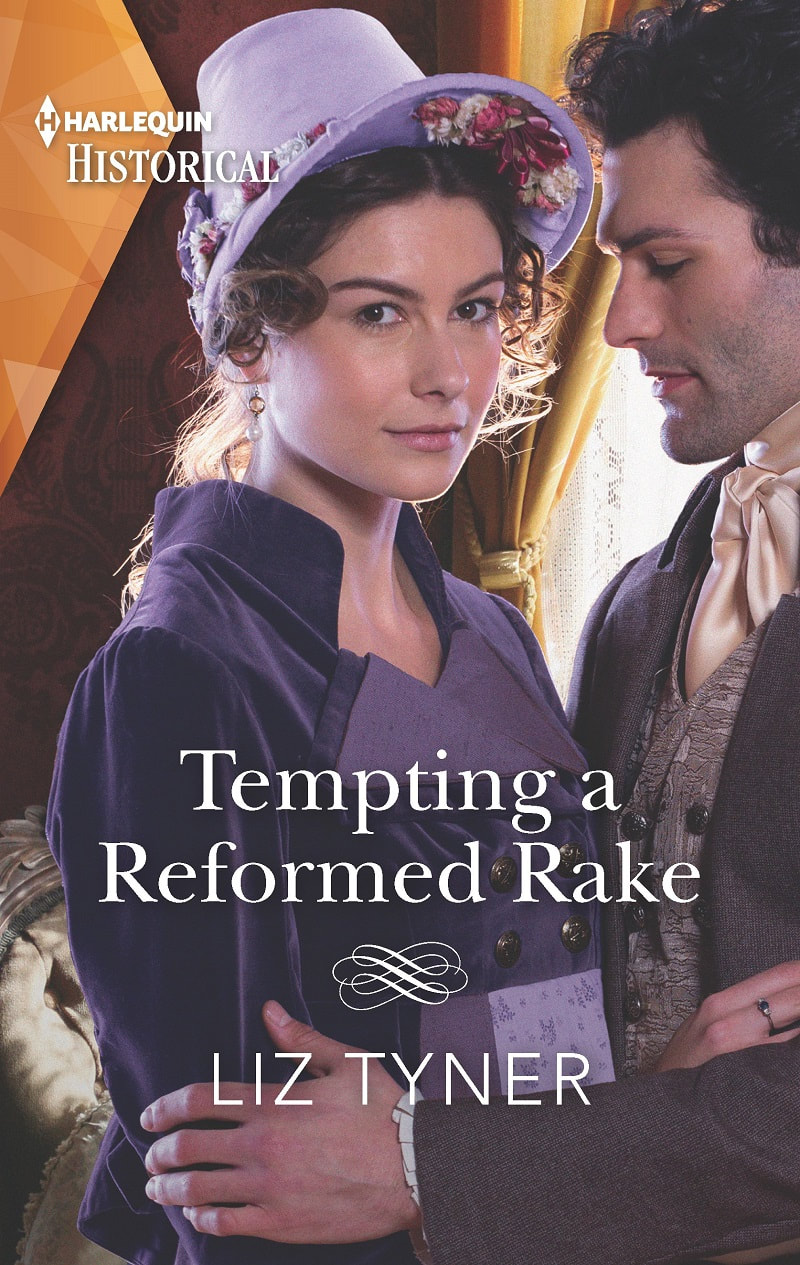
People started dying of a "distemper" or "Spotted Fever".
Many people left town, and Defoe was uncertain whether he should leave or not. He was unmarried, but considered that he had a family of servants and his business to look after.
When he half-decided to go, he realized there wasn't transport available. No horses to rent or buy. His married brother was leaving and implored Defoe to go as well. At one point, the servant Defoe had been planning to travel with took matters into his own hands. He left without Defoe. Finally, Defoe decided he should stay, a decision he regretted when he was in the midst of the sickness unfolding around him.
He also noted that theft from the unoccupied houses of people who'd fled wasn't unheard of. And, he realized that other people tried to profit from the disaster by selling medicinal concoctions.
In one area, women and children weren't allowed to attend the funerals of people dying of the plague. Trustworthy people were appointed to check out the residences where illnesses were suspected. If confirmed, the houses were to be shut up for a month, with the occupants inside, and two watchmen outside.
One watchman worked during the night. The other during the day. If they had to leave their post, they were to lock the door. They had padlocks. These watchmen were also responsible to get necessities for the people inside, either from their own pocket, or financial assistance would be provided. (Think houses with windows, and people inside not always voluntarily confined.)
The people in the houses were contained for a month, and after everyone was deemed well, they were not allowed to sell any belongings of a deceased person for another month, and only then after the items had been treated with smoke and perfume.
—I had to stop reading at this point.. The version I was reading was a scanned version of an original copy, and not easily studied. Later, I found the Project Gutenberg copy which is clear and well-done, and I've included a link below. (If you're not familiar with Project Gutenberg and you're confined to your house, now is a good time to check it out.)
My takeaway from the book is that people 370 years ago, although unaware of germs, were little different than we are. Some were in such terror that they tricked the watchmen so they could escape their houses, with possible fatal results to their friends who might shelter them.
Another takeaway is our extreme good fortune to have more resources and knowledge than people had in the past.
Gulp...then later I discovered the eyewitness account by the author couldn't be correct. He wasn't born at the time. Yet, nothing has been proven in error, and it's thought he used the information from his uncle's journals.
But please form your own opinion. Check out Project Gutenberg for a contemporary account of events of a plague in a previous era.
https://www.gutenberg.org/files/376/376-h/376-h.htm


















 RSS Feed
RSS Feed

